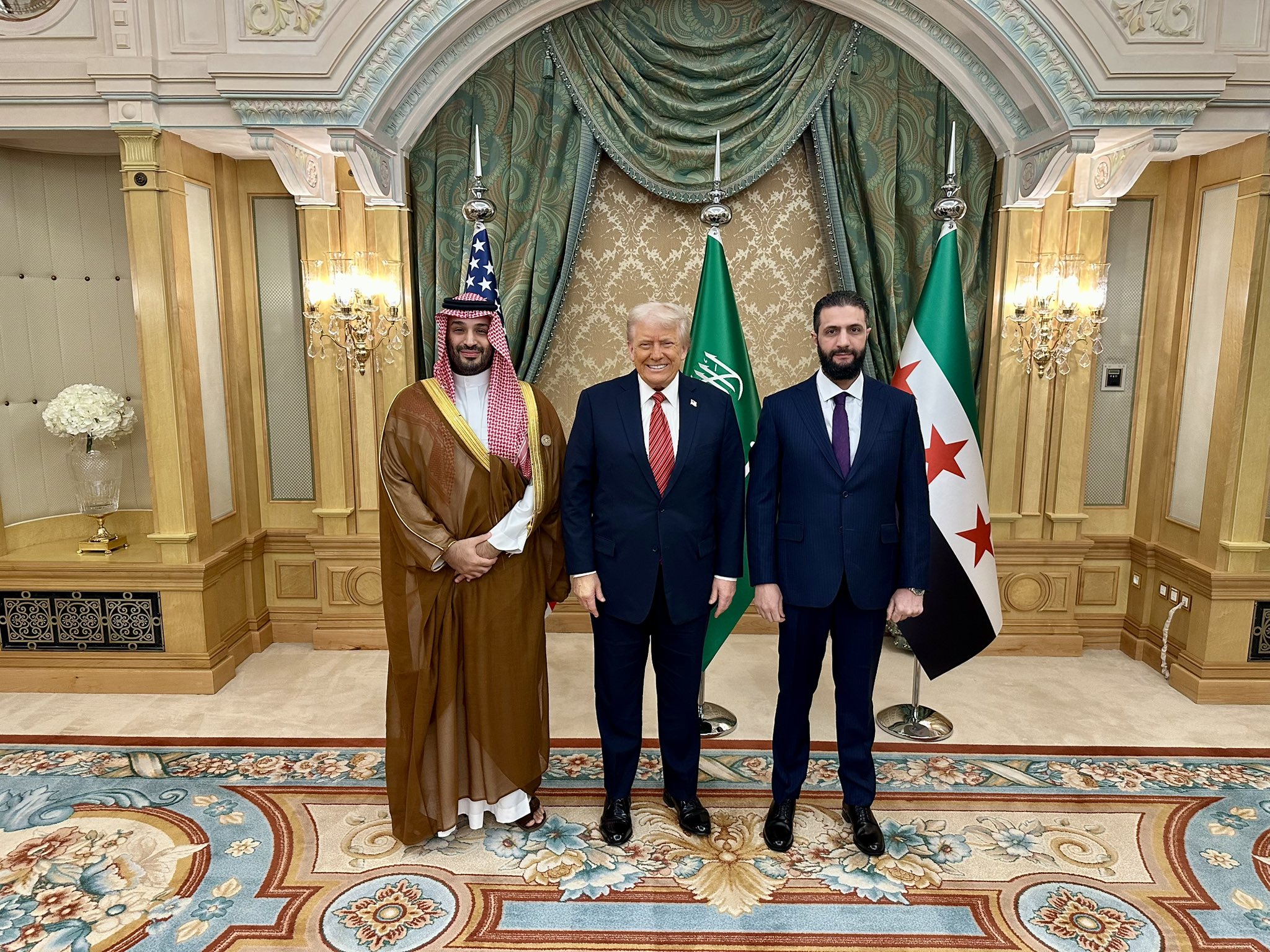Since the December regime change in Syria, the Hayat Tahrir al-Sham (HTS) government has repeatedly talked up improving the nation’s relationship with Israel. That talking point hasn’t gone away, even if it seemed less probable with Israel actively invading southwestern Syria and occupying more and more territory.
Talks have been ongoing though, and Israel insists they’re open to normalization of relations with Syria, though seemingly only so long as it doesn’t change the status quo of an ongoing military occupation.
Israeli FM Gideon Sa’ar insisted that the Golan Heights will remain with the State of Israel under any deal, and that it is not even a topic that would be up for discussion. Israel occupied much of the Golan Heights in 1967 and “annexed” it as far as they’re concerned, though that annexation is not internationally recognized.

Exactly where the Golan Heights ends isn’t clear either, since much of the territory Israel has seized since their December invasion is also historically part of the Golan, including the demilitarized zone that the UN Disengagement Force was meant to oversee between Syria and the occupied part of Golan. Now, that too is effectively under IDF control.
Israeli media are claiming there will be a secret deal with Syria by year’s end, and under it Israel will “gradually” withdraw from the newly seized territory, though what gradually means isn’t clear at all.
The US seems on board with the idea, with President Trump issuing an executive order lifting all sanctions on Syria with the expectation they will be the next nation to normalize with Israel. There is even talk HTS leader Ahmed Sharaa and Benjamin Netanyahu will meet at the UN General Assembly.
Yet Sharaa is expected to push for a return of the whole of the Golan Heights to Syria, not just a tiny fraction of its periphery. Since the Israeli FM has ruled out even discussing that and the Israeli government has consistently presented Sharaa as a threat to the region, and while they’ve acknowledged the talks going on behind the scenes, there seem to be plenty of obstacles to an actual deal being reached.


